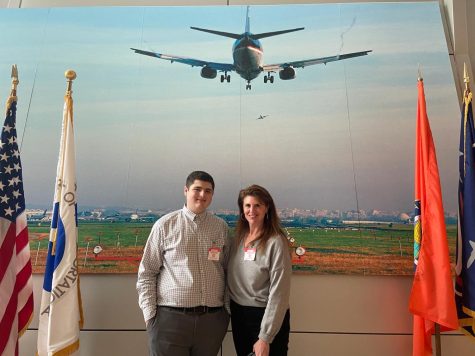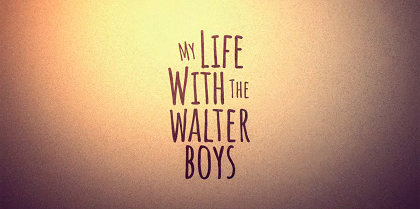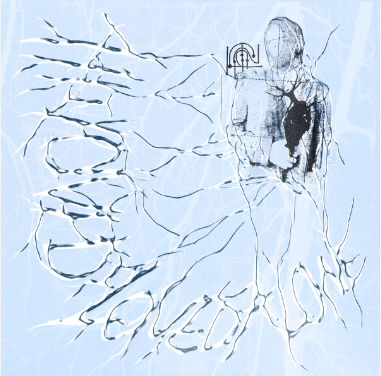“The Darjeeling Limited,” a journey through culture, family, and experience
“The Darjeeling Limited,” directed by Wes Anderson, is a wonderful and inspiring movie about a group of brothers that fell out of contact after their father’s funeral. The oldest brother, Francis, gets them all together under the invitation of going to tour all of the spiritual sights of India. In doing so, he hopes to gain their connection as brothers back.
The main story starts with the brothers being on a train. It shows many flawed qualities that they have and secrets that they have kept from one another. Their small squabbles depict how distant they have drifted and how they all have taken the death of their father differently. Peter, the middle brother, feels that he is entitled to all of the things that his father left behind. The youngest, Jack, has taken up poetry and writing short stories. Francis, the oldest brother, got them all together to take a spiritual journey and along the way wanted to reveal that the trip was really about them finding their mother who didn’t show up to their fathers funeral and who they haven’t heard from since.
The brothers get kicked off the train that they where using to travel because they bought a cobra onboard and it got out of its case. They start walking to another town and then they find 3 kids trying to cross the river. The rope on the bridge comes loose and the kids fall into the rocky rapids below. The three brothers go in to try to save them. Both Jack and Francis save a kid, but Peter can’t save the last one. Peter tried to save him, but his head hit a rock before he could get to the boy and he died. The kids bring the three brothers to the village where they lived and brought the body of the son to the father. The brothers don’t speak the language, so not a single word is said throughout this entire scene. There is nothing but facial expressions and gestures. Having these experiences that are traumatic, heroing and brotherly has a great impact on the tone of the movie and leaves a notable mark on the characters.
Wes Anderson’s directorial style shines brightly in “The Darjeeling Limited,” which is one of his most adventurous and ambitious films. His snappy dialogue and naturalist way of framing things gives his movies a feeling of vibrancy that I have found hard to come by in movies. Most scenes in the movie show examples of his style of flat framing and naturalistic shooting that are present in all of his films.
Towards the end of the movie the brothers end up finding their long lost mother and get a chance to ask her their questions. All three brothers have their own qualms with their mother and each expresses it differently. The brothers go through all of these experiences and finally arrive where their mother is. They are finally able to speak to their mother who disappeared from them for so long ago. They talk and catch up asking questions like, “Why weren’t you at dad’s funeral?” and she said plainly, “I didn’t want to.” This catches them off guard, they weren’t expecting such a simple answer. She shows sympathy to them, but no elaborate soul-searching response that they have been hoping for. The simplicity of her answer shows how she really didn’t care. She wanted to live her own life and in doing so she subconsciously ran away from the responsibilities that she had to the brothers. Having this MacGuffin be laid out so nonchalantly aids to Wes Anderson’s naturalist style and the overall tone of this movie.
I believe that “The Darjeeling Limited” is one of Wes Anderson’s most human and grounded films that stick with the viewer. I would absolutely recommend this film to anyone who wants a nice adventure movie with some very memorable scenes.
Thanks for reading The Falconer. We're happy to provide you with award-winning student journalism since 1963, free from bias, conflicts of interest, and paywalls. We're able to continue with the generous support of our local community. If you're able, please consider making a donation. Any amount is incredibly helpful and allows us to pursue new and exciting opportunities.

GOOD MORNING FHS!!! I, Harrison Fox, welcome you The Falconer. Some things about me are that I enjoy watching and critiquing movies, playing games, and...










